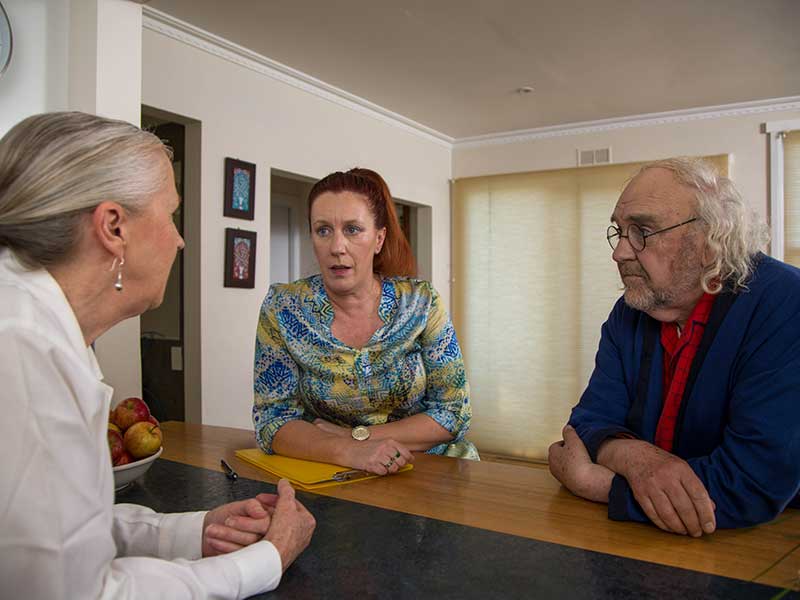About person-centred care
Person-centred care is fundamental to effective care coordination.
In person-centred care, an individual’s specific health needs and desired health outcomes are the driving force behind all health care decisions.
People and their families and/or carers are partners with their healthcare providers, and providers support people not only from a clinical perspective, but also from an emotional, mental, spiritual, social, and financial perspective.1
It's important to understand what else is happening in a person's life beyond their health issues. When this bigger picture is understood, there is greater ability to tailor care and support. For example, being aware of a person’s cultural background, and how it may affect their ability to communicate and participate in the person-centred care partnership, will help to provide care that is empathetic, collaborative, inclusive and more sustainable.
Everyone involved in the person's healthcare management, including the person themselve, has a role to play in developing the knowledge, skills and confidence to participate in this partnership.
An individual’s needs, desires, fears and challenges are likely to change over time, particularly as they get older, so a care coordinator’s approach to helping the person also needs to adapt to suit these changes.
What is important or challenging to one person in managing their health may not be important or challenging - or even desirable - to another.
- 1. NEJM Catalyst Article Jan 1, 2017


